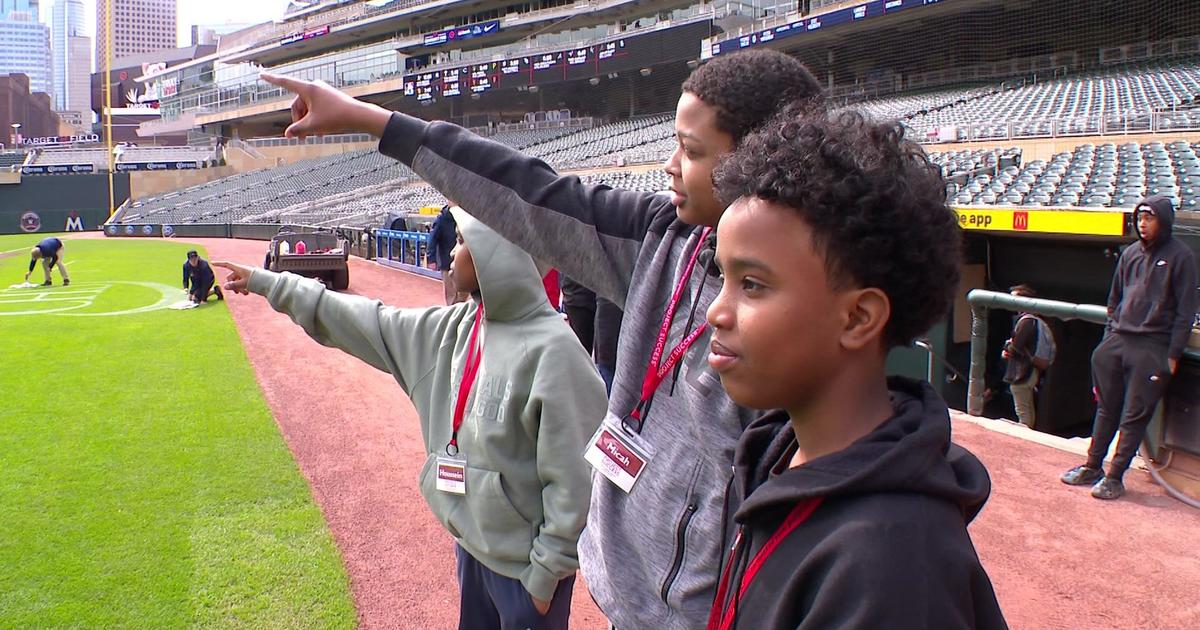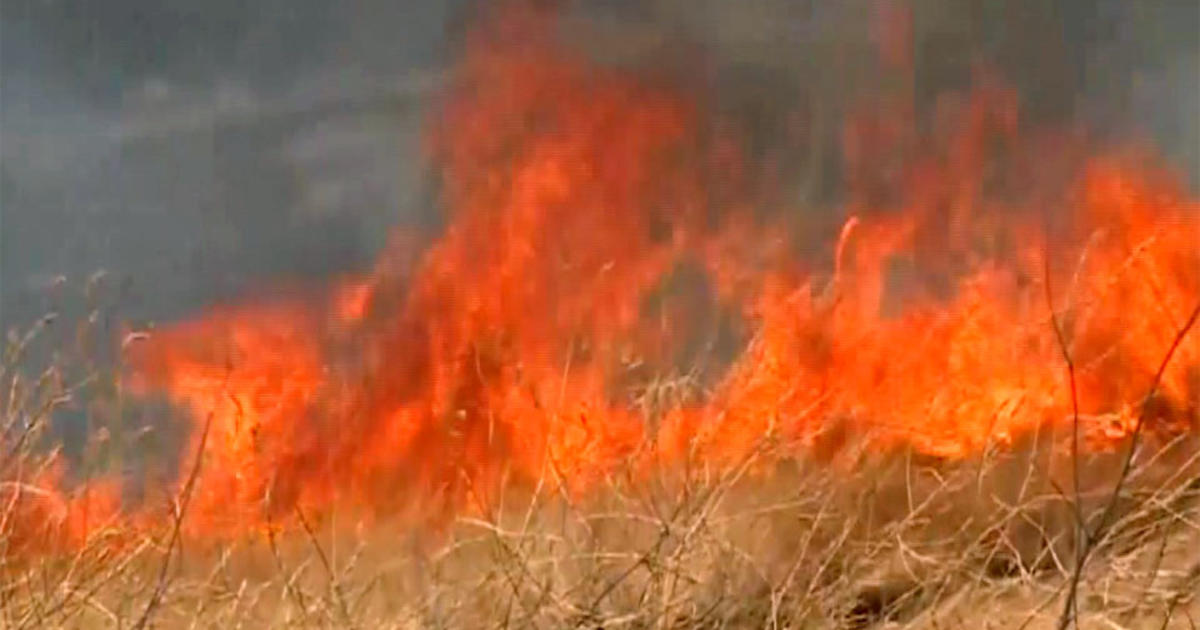Good Question: How Do Metal Detectors Work?
MINNEAPOLIS (WCCO) -- Anyone who wants to go to a Twins home game this season will have to go through a metal detector.
On Tuesday, the Twins announced they'll have them at all entrances to Target Field by May 1.
They are complying with a Major League Baseball rule that requires security screening at all ballparks by 2015.
So, how do metal detectors work? Nick Skelin works for CEIA USA, the company that makes the walk-through metal detectors for the Twins, as well as some of the detectors for the TSA.
He says the detectors produce a very low-level magnetic field. Basic metal detectors use coils to create a magnetic field, but when metal comes into that field, a second magnetic field is created around the object. That field then reacts with one of the coils and triggers the alarm.
The Twins say their screenings will be faster than what would be found at the airport. Through a longer, more intensive process, the TSA screens for all kinds of metals.
"We're not concerned with small, common metal items," said Dave Horsman, Twins senior director of baseball operations. "We're looking for dangerous items and weapons."
Skelin says that while the Twins' machines will differ slightly from those at the airport, they will work the same.
The Twins metal detectors will also be waterproof, nicer to look at and easier to move.
Skelin says different metals have different responses. For example, a densely-packed metal, like a weapon, will trigger a different electromagnetic reaction than loose coins or keys.
"We can determine whether it's a non-threatening or threatening item based on its profile," Skelin said.
Most household items, like hairdryers, generate the same or weaker magnetic-field intensity.
"Those magnetic fields are actually higher in strength than what you would receive by walking through a metal detector," Skelin said.



